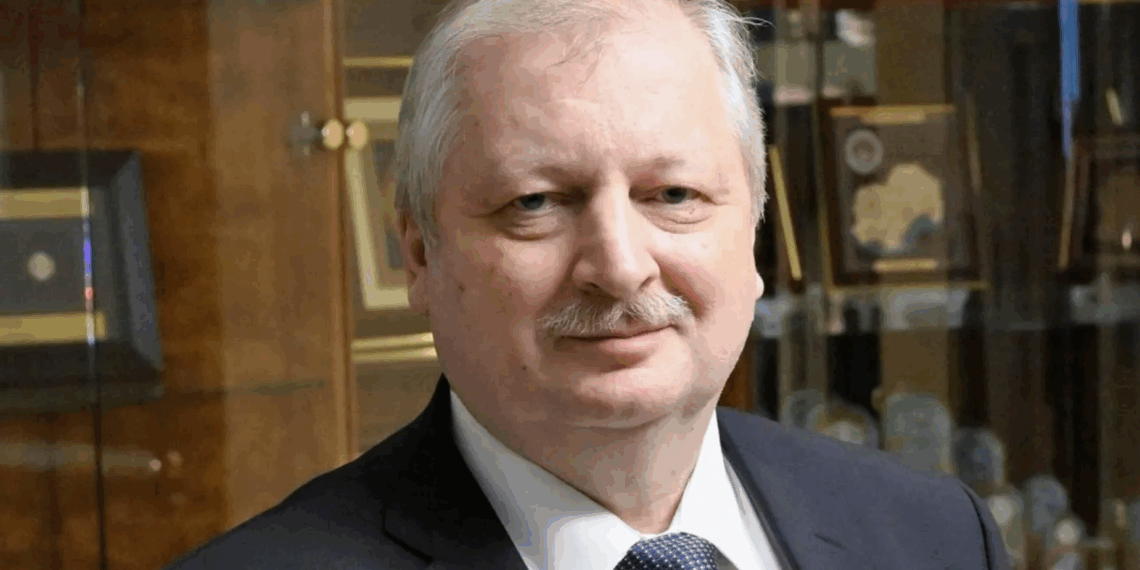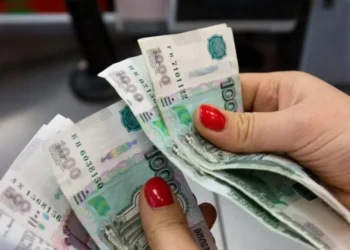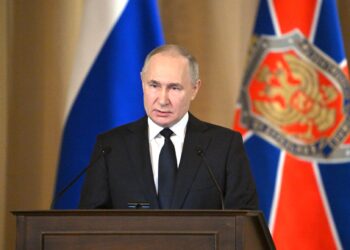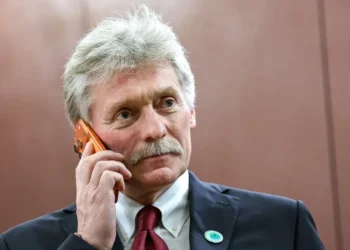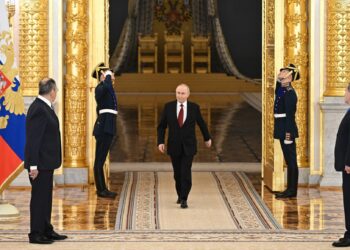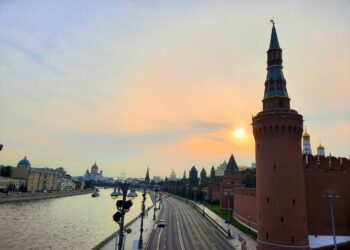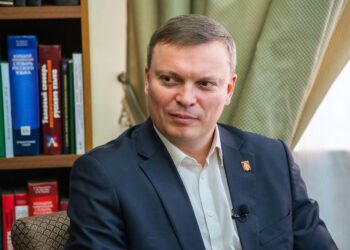WASHINGTON (Realist English). Russia’s new ambassador to the United States, Alexander Darchiev, said Moscow is seeing the first “tangible results” in bilateral engagement under President Donald Trump, but warned that deep-rooted tensions and political resistance in Washington continue to hinder broader normalization.
In his first interview since assuming the post, Darchiev told TASS that the Kremlin remains committed to “open and honest dialogue based on equality and mutual respect.” He described the Biden administration’s policy as a “strategic wreck” and expressed cautious optimism that the new White House team is trying to “bring common sense” back into US-Russia relations.
Following a February 19 phone call between Presidents Vladimir Putin and Donald Trump, the two sides agreed to work on restoring diplomatic channels and removing bilateral irritants. According to Darchiev, that directive now frames his mission in Washington: “to make full use of the window of opportunity to overcome the toxic legacy left by Biden’s team.”
Gradual thaw, persistent roadblocks
Darchiev acknowledged that any turnaround would be slow and difficult, citing institutional resistance within the US political system and pressure on Trump from “Russophobic circles in Congress.” Still, he noted specific progress, including:
- Easing of State Department restrictions on Russian diplomats’ public engagements;
- A tentative agreement on returning six confiscated Russian diplomatic properties in the US, with Moscow submitting a roadmap for inspections and damage assessments;
- Initial talks on restoring direct air travel between the two countries, suspended since 2022;
- Discussions on improving the US visa process, which remains protracted and cumbersome for Russian citizens;
- A Russian push for relaxing internal travel restrictions on diplomatic personnel, which were tightened under Biden.
According to the ambassador, the atmosphere in current talks differs significantly from the previous administration: “Unlike before, our interlocutors in the White House and State Department are no longer dodging engagement or delivering empty moral lectures. There’s pragmatic bargaining on the table.”
The next round of consultations is expected to take place in Moscow “very soon”, following an earlier session in Istanbul on April 10.
High-level contacts under consideration
Darchiev said preparations are underway for possible meetings between Foreign Minister Sergey Lavrov and Secretary of State Marco Rubio, but added that all high-level engagements must be carefully planned to ensure substantive outcomes. Although Putin and Trump have spoken four times by phone since the change in administration, no summit is scheduled yet.
When asked about prospects for restarting US-Russia talks on strategic stability, Darchiev was blunt: “In the current geopolitical context — with Washington still supplying weapons to Ukraine — progress is unlikely.” He added that future dialogue in this sensitive area is conditional on US recognition of core principles, including the indivisibility of security, equal strategic rights, and linkage between offensive and defensive systems.
He also criticized the US “Golden Dome” missile defense initiative, which he said includes a destabilizing space component and pre-emptive strike capabilities. “Such projects only widen the gap and delay any serious arms control discussions,” he warned.
Warning over escalation, call for diplomacy
Darchiev reiterated that Russia would respond decisively to any emerging threats on its borders, including what Moscow sees as provocations by the Ukrainian government. However, he emphasized that Moscow remains open to joint diplomatic work, both on the Ukraine crisis and the broader US-Russia agenda.
“The choice between confrontation and pragmatic cooperation lies with Washington,” he concluded. “We are ready for the hard work of rebuilding trust — but the first move must be mutual.”


